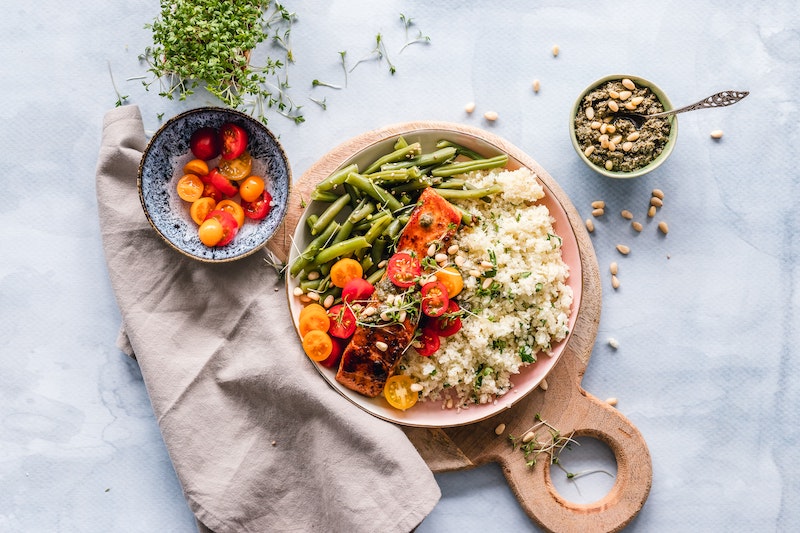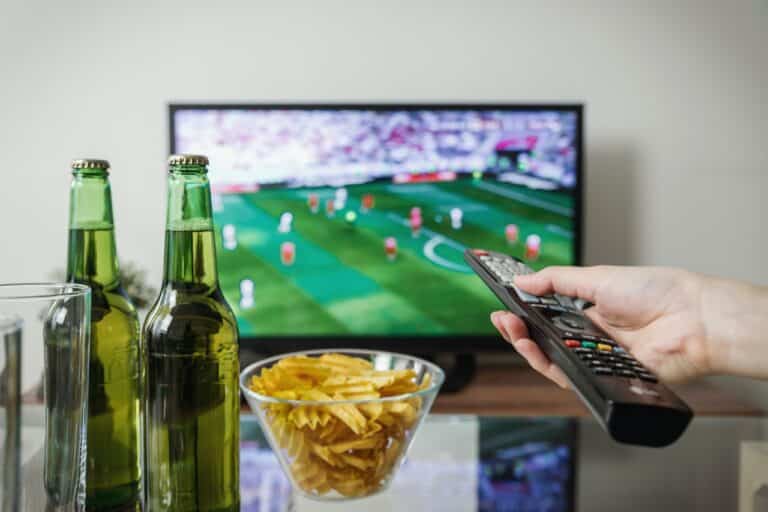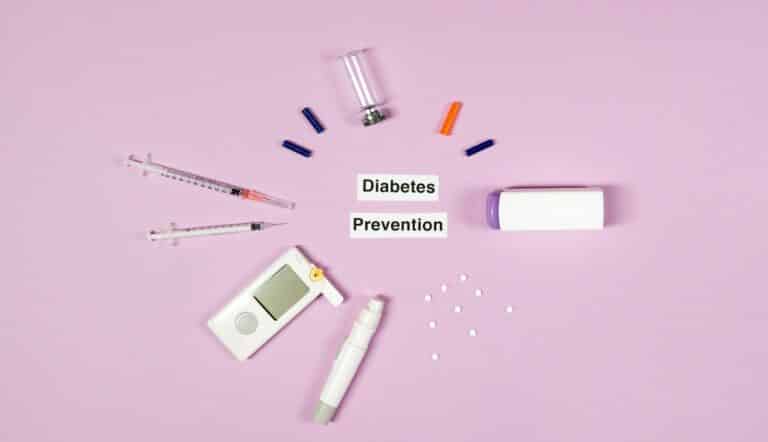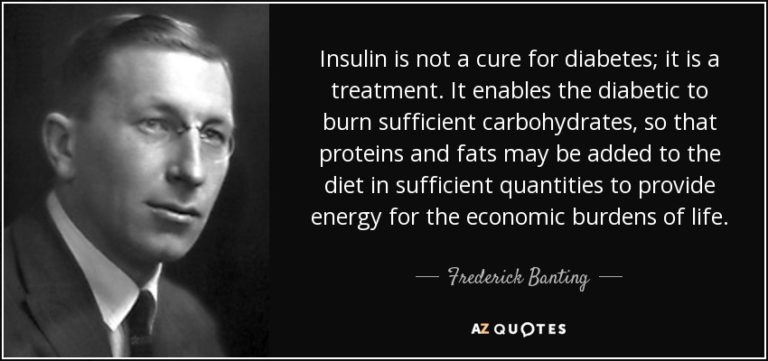Diabetes Tips For Dealing With Everyday Life
Diabetes has different types, causes, and treatments. Blood sugar rises when we eat certain things: carbohydrates, protein, fat. Insulin lowers blood sugar. Diabetes means the body doesn’t use insulin the way it should. Diabetes doesn’t go away just like that because diabetes is a chronic disease. When detected and treated in good time, damage can, in some cases, be avoided or stopped. Here are some diabetes tips for dealing with your everyday life.
Use of insulin
Those who inject insulin should also take a few tips to heart. The correct temperature and storage play a significant role. Insulin should not be exposed to extreme heat or prolonged exposure to the sun. But even at minus temperature, the substance loses its effectiveness. It is best for people with diabetes to keep the currently used #insulin at room temperature and to put the other supplies in the refrigerator.
Eating Carbohydrates
Diabetes tips for eating carbs: Foods with complex carbohydrates prevent blood sugar spikes after eating. They pass more slowly from the intestine into the blood and do not cause the sugar levels to rise quickly. At the same time, they keep you full longer – ideal for losing weight. Complex carbohydrates can be found in legumes, bread, and pasta made from whole grains. Avoid foods with carbohydrates that quickly get into the blood – such as pasta, pizza, and bread made from white flour.
Eating protein
An essential thing in our diet today is a sufficient amount of #protein. Unlike carbohydrates, we have no storage for protein except in the muscles, which the body urgently needs to make available for defense and escape. That has always been vital, and therefore our body demands sufficient protein. And hormones or antibodies have to be produced from protein every day.
Hypoglycemia – symptoms, and measures
Too much, as well as too little sugar, can be dangerous for people with diabetes. Slight fluctuations in the blood sugar level are normal, so a concentration of 70 to 140 milligrams of sugar per deciliter of blood (mg/dl) is considered harmless. However, if the sugar concentration falls below 70 mg/dl (hypoglycemia) or climbs permanently or strongly above 140 mg/dl blood, it can become threatening. #hypoglycemia
Other tips and recommendations
- Talk to your doctor about your ideas and circumstances. These are important in properly planning your treatment.
- Refrain from smoking and drink little alcohol.
- Adapt your diet to diabetes. Normally, the same recommendations for a wholesome diet also apply to people with type 2 diabetes as to people without diabetes. Special diet foods are unnecessary. If you are someone that is very overweight, losing weight will also help.
- Exercise and physical activity are good for people with diabetes. Discuss with your doctor which activities are best for you.
- Share your experiences with other people affected, for example, in a self-help group.
Photo by Ella Olsson on Unsplash







